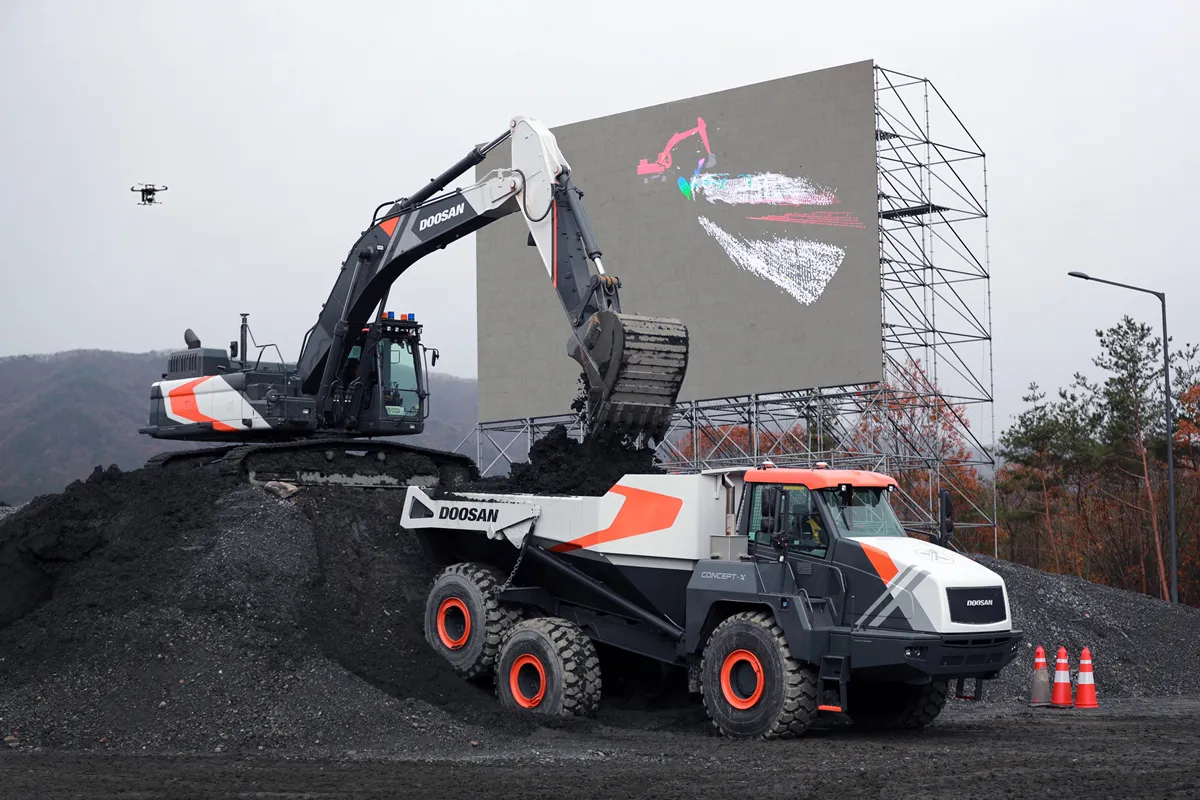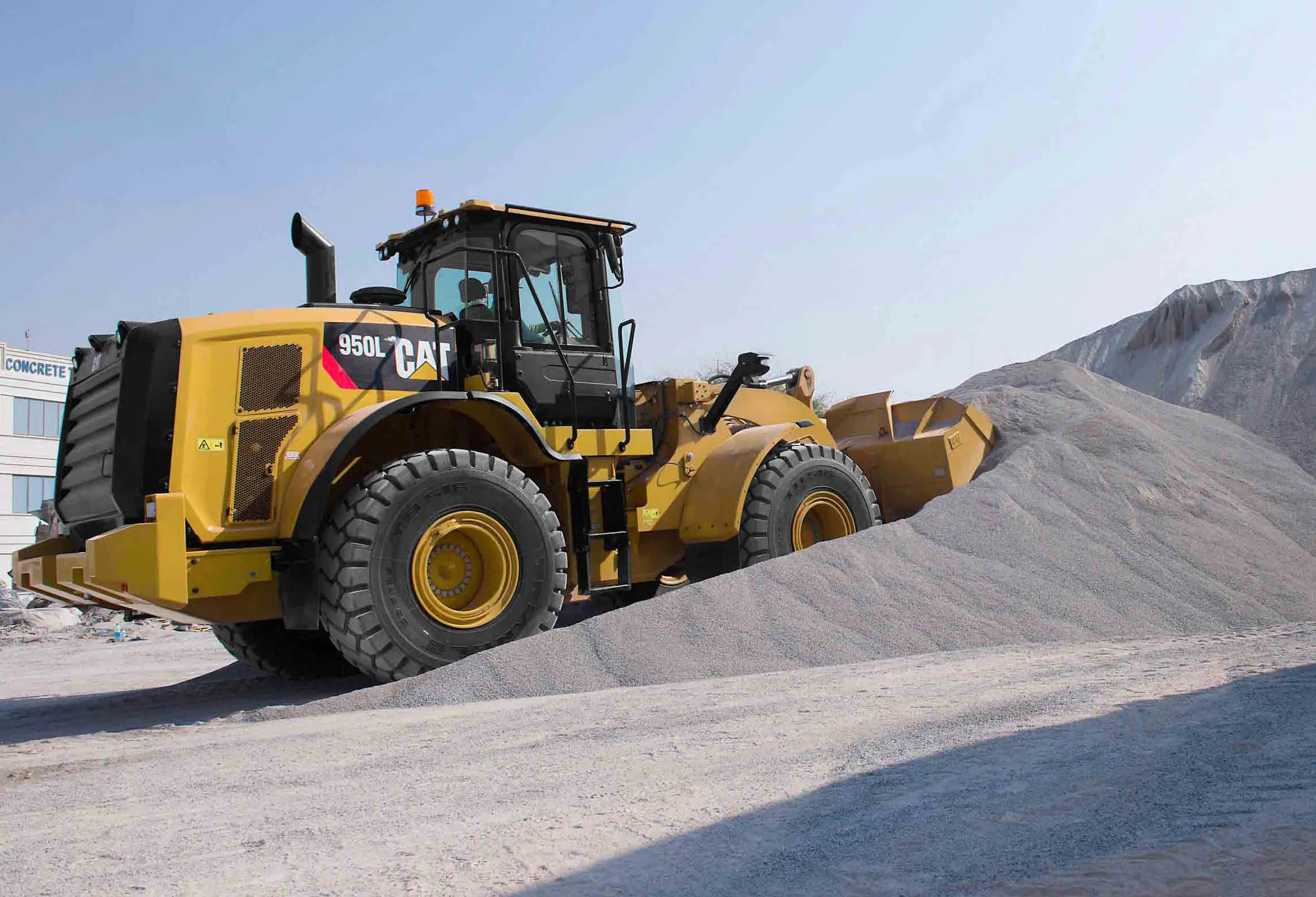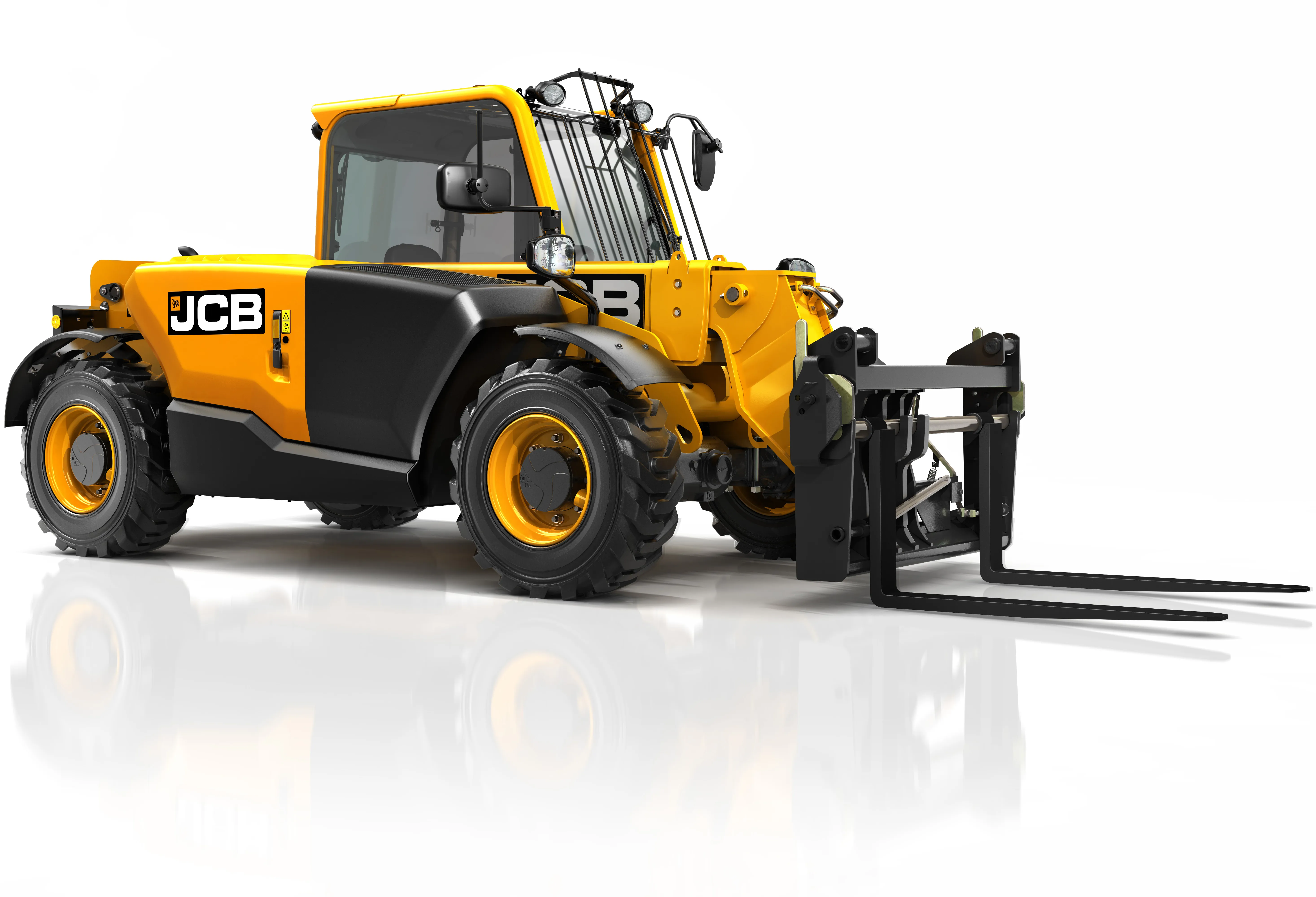Deutz, one of the world's largest independent engine manufacturers, will in future be bundling its exhaust gas technology expertise in the EAT (Exhaust After-Treatment) product line. The goal is to promote customer-oriented solutions for the system integration of engine/exhaust technology quickly and efficiently, opening up additional growth opportunities by marketing a variety of EAT modules and systems as well as EAT development and application services.
February 27, 2012
Read time: 2 mins

RSS201 Deutz, one of the world's largest independent engine manufacturers, will in future be bundling its exhaust gas technology expertise in the EAT (Exhaust After-Treatment) product line.
The goal is to promote customer-oriented solutions for the system integration of engine/exhaust technology quickly and efficiently, opening up additional growth opportunities by marketing a variety of EAT modules and systems as well as EAT development and application services.
Responsibility for the product line rests with Wilfried Riemann, 49, who joined the company in January 2009. In his new function Riemann reports directly to Helmut Leube, CEO of Deutz.
With DVERT (Deutz Variable Emission Reduction Technology), Deutz has at its disposal a set of powerful technologies for reducing CO2, nitrogen oxides and particulates.
"In addition to powerful modules, the key to creating efficient solutions which require limited installation space and are maintenance-optimised as well as being cost effective lies in optimising the complete system. For this reason, we offer solutions tailored to the particular field of application, performance class, installation space or region," says Riemann.
"The main focus of attention for the implementation of the exhaust gas rating Tier 3 concerned internal engine measures, such as (for example) four-valve technology, common-rail systems with corresponding controls and exhaust gas recirculation systems. In order to comply with the future, far more stringent US Tier 4 interim/final regulations and EU Level IV, the technology spectrum is currently being extended to include additional exhaust gas after-treatment components such as catalysts, particle filters and regeneration burners, urea injection SCR systems as well as electronic controls."
In order to make the integrated engine/exhaust gas concepts as cost effective as possible, Deutz's solutions for Tier 4 interim and EU III B were realised in such a way that they can serve as the basis for the US limits Tier 4 final and EU IV which are set to come into force in 2014.
The goal is to promote customer-oriented solutions for the system integration of engine/exhaust technology quickly and efficiently, opening up additional growth opportunities by marketing a variety of EAT modules and systems as well as EAT development and application services.
Responsibility for the product line rests with Wilfried Riemann, 49, who joined the company in January 2009. In his new function Riemann reports directly to Helmut Leube, CEO of Deutz.
With DVERT (Deutz Variable Emission Reduction Technology), Deutz has at its disposal a set of powerful technologies for reducing CO2, nitrogen oxides and particulates.
"In addition to powerful modules, the key to creating efficient solutions which require limited installation space and are maintenance-optimised as well as being cost effective lies in optimising the complete system. For this reason, we offer solutions tailored to the particular field of application, performance class, installation space or region," says Riemann.
"The main focus of attention for the implementation of the exhaust gas rating Tier 3 concerned internal engine measures, such as (for example) four-valve technology, common-rail systems with corresponding controls and exhaust gas recirculation systems. In order to comply with the future, far more stringent US Tier 4 interim/final regulations and EU Level IV, the technology spectrum is currently being extended to include additional exhaust gas after-treatment components such as catalysts, particle filters and regeneration burners, urea injection SCR systems as well as electronic controls."
In order to make the integrated engine/exhaust gas concepts as cost effective as possible, Deutz's solutions for Tier 4 interim and EU III B were realised in such a way that they can serve as the basis for the US limits Tier 4 final and EU IV which are set to come into force in 2014.








